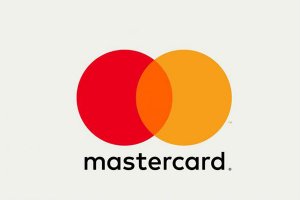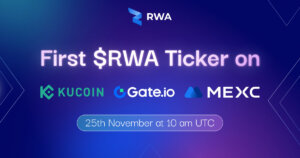 Mastercard May Support Cryptocurrencies
Mastercard May Support Cryptocurrencies 
Photo by Michael on Unsplash
In a conversation with the Financial Times, it appears that Mastercard has warmed up to the idea of cryptocurrencies, thanks to a series of statements made by Ari Sakar, Mastercard’s co-president for Asia-Pacific. Sakar said that Mastercard is exploring cryptocurrency options backed by governments.
If governments look to create national digital currency we’d be very happy to look at those in a more favourable way. So long as it’s backed by a regulator and it is not anonymous, and that it meets all the regulatory requirements. I think that would be of greater interest for us to explore.
The above statements by Sakar contrast sharply with Ajay Bangar’s remarks on virtual currencies, who is the CEO of Mastercard. In a conversation with the Economic Times in October last year, Bangar said that non-government mandated currencies were “junk.”
If the government creates digital currency, we will find a way to be in the game. We will provide rails for moving currency from customer to merchant. The government mandated digital currencies are interesting. Non-government mandated currency is junk.
Adding to the sting against cryptocurrency traders, VISA and Mastercard classified cryptocurrency purchases as “cash advance.” This means that customers now pay 5% more for virtual currencies, on top of the fees charged by the exchanges.
Mastercard Labs: the Future of Commerce?

In spite of Mastercard’s ambivalent stance towards cryptocurrencies, the giant has launched its own blockchain initiatives with Mastercard Labs, which includes 3 blockchain APIs and patents for blockchain-based settlements.
According to the patent submissions, Steven Charles Davis and Ashish Raghavendra Tetali designed software that uses blockchain-based settlements. These patents describe applications that perform validation controls for transactions.
These patents are apparently just the beginning of Mastercard’s initatives into the space of the blockchain and its payment processing architecture.
Mastercard made the following statement regarding its launch of blockchain-related patents:
Accordingly, the use of traditional payment networks and payment systems technologies in combination with blockchain currencies may provide consumers and merchants the benefits of the decentralized blockchain while still maintaining security of account information and provide a strong defense against fraud and theft.
Mastercard intends to win the technological race with its new blockchain APIs and other patents. It’s also possible that the blockchain will be used in the company’s internal infrastructure too, giving the rate of steady adoption in financial markets. This adoption is apparent in an interview with Ann Cairns, president of international markets at markets, she said:
“We are already building use cases in our laboratories to see how to include it together with our core systems.”



 Farside Investors
Farside Investors 


 CoinGlass
CoinGlass 



















































































